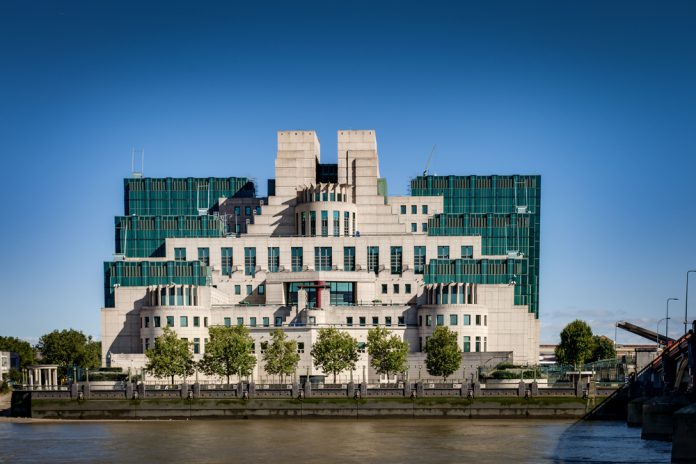
The UK faces “fundamental threats” threats to its democracy, MI6 head Alex Younger said in an unprecedented speech at the Secret Services’s Vauxhall headquarters.
UK intelligence and security services have disrupted 12 terrorist plots since June 2013, with all European democracies facing serious threats from “cyber-attacks, propaganda and subversion from hostile states”.
He said many of the threats came from ungoverned spaces in the Middle East, including Syria and Iraq. Younger especially highlighted the impact of Russia’s alliance with President Bashar al-Assad in Syria as a long-term problem in terms of radicalisation.
“In Aleppo, Russia and the Syrian regime seek to make a desert and call it peace. The human tragedy is heartbreaking,” Younger said.
“Our job is to give the government the information advantage: to shine a light on these activities and help our country and our allies, in particular across Europe, build the resilience they need to protect themselves”, he continued.
“The risks at stake are profound and represent a fundamental threat to our sovereignty. They should be a concern to all those who share democratic values.”
He warned on the danger of the structure of extremist group Daesh’s regime, saying it was “highly organised”, with a strong “external attack planning structure”, meaning that attacks can be carried out “without ever having to leave Syria”.
Younger’s speech was the first made by a Secret Intelligence Service chief at their HQ, designed to make the organisation more transparent to the British public.
Younger also mentioned the Chilcot report in Iraq, coming close to acknowledging the catastrophic role MI6 played in starting the Iraq war. The MI6 organisation falsely claimed Saddam Hussein had weapons of mass destruction before the 2003 invasion, one of the key factors convincing MPs to vote in favour of going to war. He said:
“A vital lesson I take from the Chilcot report is the danger of groupthink. I will do anything I can to stimulate a contrary view: to create a culture where everyone has the confidence to challenge, whatever their seniority.”
